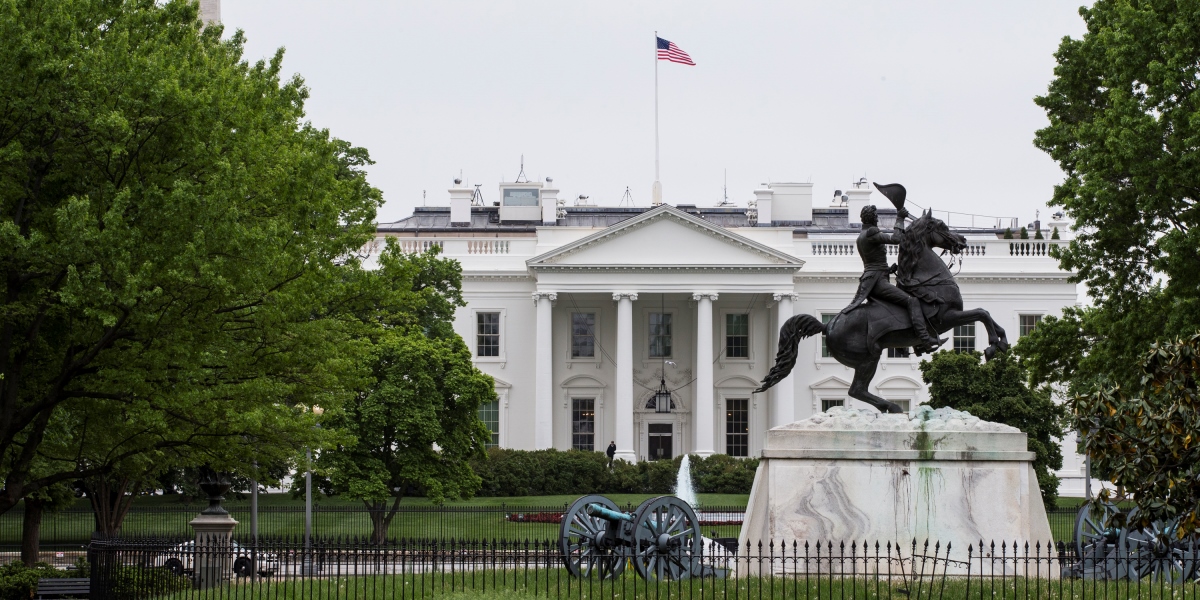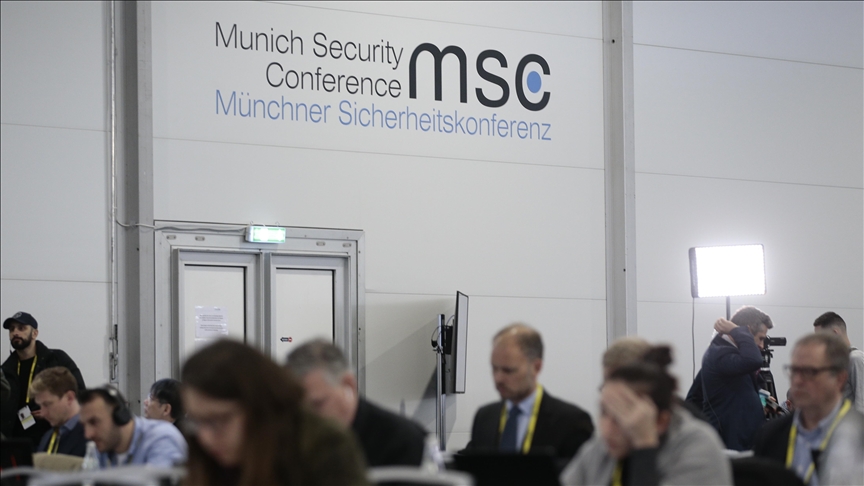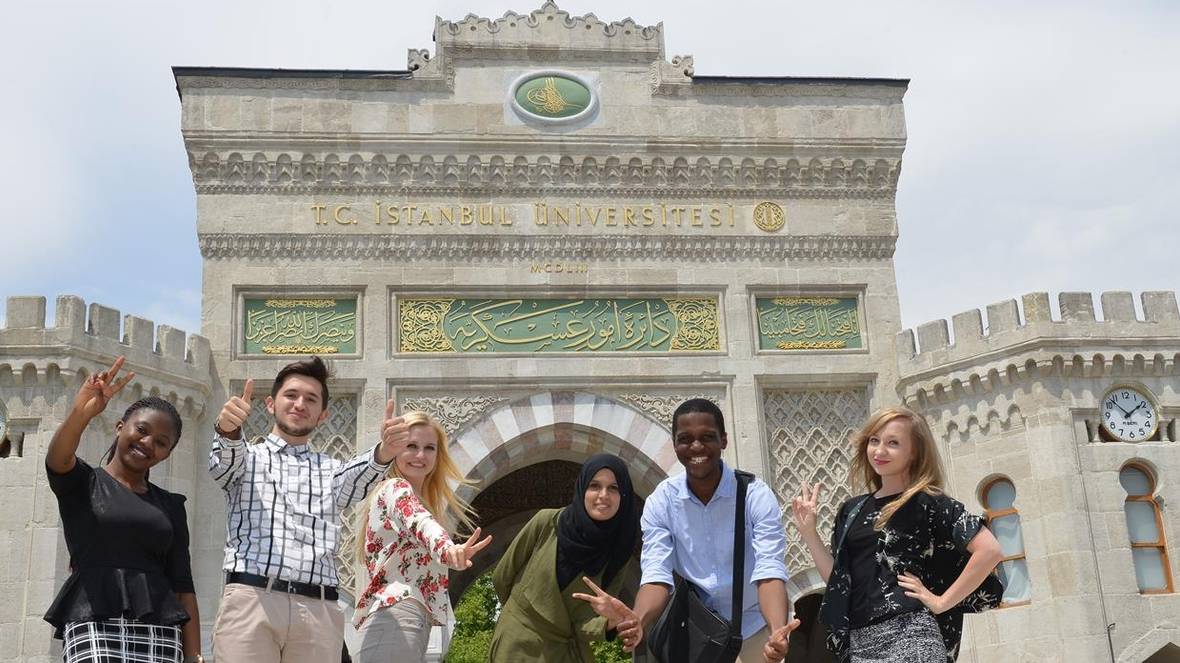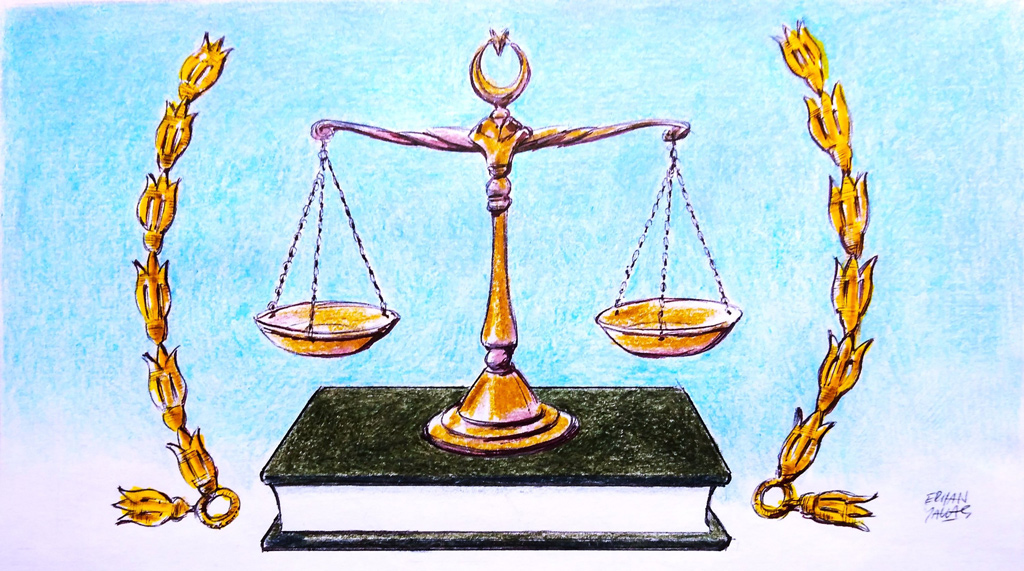It has become increasingly popular in the U.S. media to refer to previous awkward elections to demonstrate that the presidential election of 2016 is nothing out of the ordinary. Some refer to the 1828 election between Andrew Jackson and John Adams, which was a second round of the 1824 elections in which Adams was able to win a controversial election with the help of Henry Clay, who was the speaker of the house. The "dirty" campaign during the 1828 elections, in which Jackson's family life and his wife were directly targeted by the Adams campaign and what some called "corrupt bargain" in the election process between Clay and Adams generated one of the lowest points in the history of U.S. elections.
Others refer to another 19th century election between Grover Cleveland and James Blaine, during which again the family life of one of the candidates was constantly used by the other campaign. Campaign songs and posters of the Blaine campaign directly targeted an affair Cleveland had 10 years earlier.
Of course, for many Republicans the 1960 elections between John F. Kennedy and Richard Nixon was one of the nastiest in its history, especially after the broadcasting of a CNN series on elections that brought up further questions about the way JFK won the primaries against his opponents in the Democratic Party and his aggressive campaign against Nixon during the presidential campaign. There were even allegations of wrongdoing in the Illinois elections, which can seriously change the nature of elections between two candidates. Democrats would probably add the election of 2000 between George W. Bush and Al Gore and the controversial Florida elections as one of the nastiest elections in the history of American democracy.
All of these historical examples have re-surfaced, as the campaign gets nastier. Voters have started to pay more attention to insults and aggressive campaign ads than issues. These examples are sometimes used to show that the incredibly low level of campaigning and debates are nothing new. They are there to show that although the election isn't ideal, it is nothing new to utilize these tactics in presidential elections. It is probably one of the most closely followed U.S. elections ever, not because of the issues and positions but because of the candidates and scandals. However, there is something new and serious about the current language and discourse of the electoral campaign. First of all, this time everything is taking place in real time and being watched all over the world by hundreds of millions of people. The response from Russian Foreign Minister Sergey Lavrov to a question in a recent interview about the U.S. elections demonstrates the extent of the mockery that is taking place. On the one hand as mentioned in a previous piece in this column, the level of debate and argument on the key issues in foreign and security policy of both candidates are generating a lot of questions about their plans for the direction of U.S. foreign policy. There is not much time and space for follow up questions about the slogan-like statements of both candidates. On the other hand, the high level of support that Trump has received so far is creating concerns about the societal bases of U.S. foreign policy in the coming years.
Secondly, there is a further question about what the Trump campaign has brought to American politics. Although this discourse existed before Trump, there were widespread assumptions that it was supported and endorsed by a narrow strip of American society. Is it going to be the new normal for the Republican Party in the coming years? Will a possible defeat of Trump be considered the defeat of discourse and a return to "previous settings" in American politics. Or will an electoral victory for Trump really change U.S. policies or is Trump going to make a sharp distinction between policy and politics when and if elected as the president of the U.S.
These questions and their seriousness make this election significantly more important than previous scandalous elections and campaigns. This election may change the American political system, society and its involvement in politics more than any election before it. This election is shaping and may continue to shape American prestige, standing and image around the world more than any other election before it.
[Daily Sabah, October 17, 2016]








